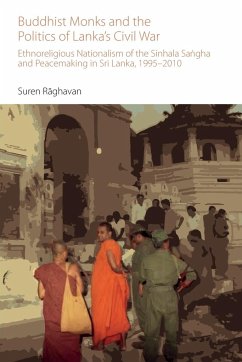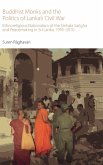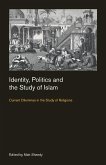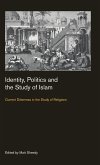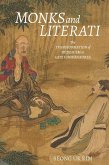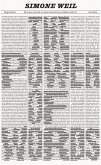The war in Sri Lanka was violent and costly in human and material terms. This was one of the longest wars in modern South Asia. Often referred to as an 'ethnic' conflict between the majority Sinhalas and the minority Tamils, the war had a profound religious dimension. The majority of Sinhala Buddhist monks (the Sägha) not only opposed any meaningful powersharing but latterly advocated an all-out military solution. Such a nexus between Buddhism and violence is paradoxical; nevertheless it has a historical continuity. In 2009 when the war ended amid serious questions of war crimes and crimes against humanity, monks defended the military and its Buddhist leadership. Taking the lives of three key Sägha activists as the modern framework of a Sinhala Buddhist worldview, this book examines the limitations of Western theories of peacebuilding and such solutions as federalism and multinationalism. It analyzes Sinhala Buddhist ethnoreligious nationalism and argues for the urgent need to engage Buddhist politics - in Lanka and elsewhere - with approaches and mechanisms that accommodate the Sägha as key actors in political reform. Sinhala Buddhism is often studied from a sociological or anthropological standpoint. This book fills a gap by examining the faith and practice of the Sinhala Sägha and their followers from a political science perspective.
Hinweis: Dieser Artikel kann nur an eine deutsche Lieferadresse ausgeliefert werden.
Hinweis: Dieser Artikel kann nur an eine deutsche Lieferadresse ausgeliefert werden.

